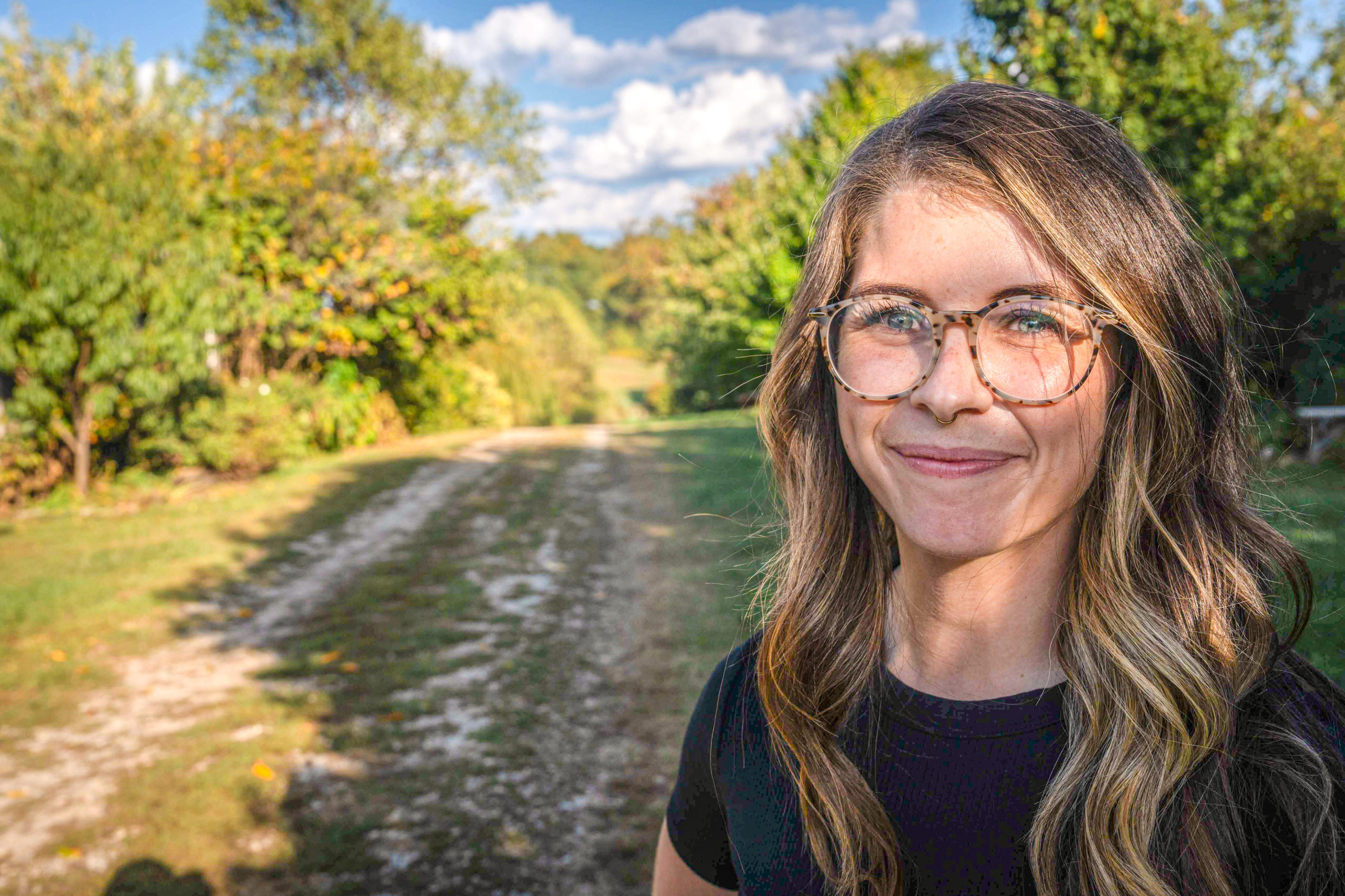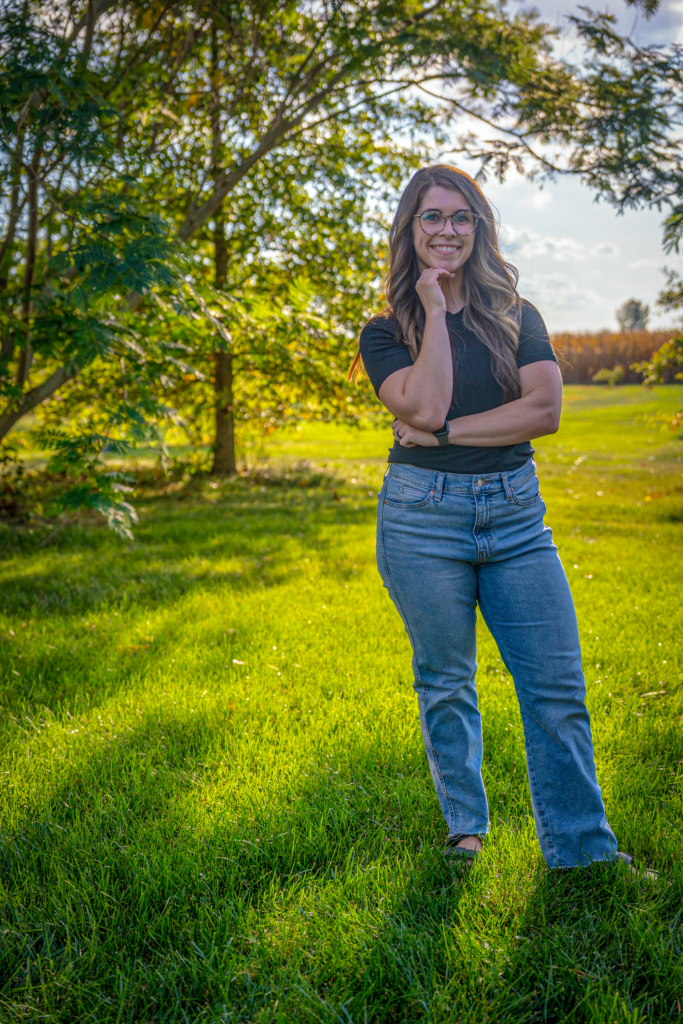
By Savannah Dawson, Photos by Milton Lindsay
As maternal mortality rates rise across the U.S., Brooke Miller works to make birth comforting and empowering.
In addition to her work as a mother of three and an intervention specialist at Zane Trace Elementary School, Brooke Miller has a third job.
In her work as a doula, Miller reassures expecting mothers and helps them navigate childbirth. In conversation with Southeast Ohio magazine, Miller outlines why her profession matters and what doulas mean for mothers.
Can you explain your job?
“I support moms prenatally throughout their entire pregnancy. I help them to make informed decisions when it comes to prenatal care and what they want for their birth.”
“When we [first] meet, we discuss what their plan is for birth, and then I help them decide what their priority is. Some moms don’t think about what options are, in terms of pregnancy, labor, prenatal care and postnatal care.”
“I also attend my clients’ births and provide comfort measures. A lot of my clients don’t want medication or interventions, so I am there to help inform them.”
“I had my first son at 27 and I had a hospital birth induction. But I have become more educated [since then]. When I had my second son, [I thought,] my body can do this.”

How did you become a doula?
“When I had my own child, I thought, this is what a woman’s body is made for. If my grandma could have nine children naturally, I can do it, too. ”
“So, with my second baby I decided that I was not getting an epidural or getting induced. Everything would happen on its own, so I stayed home as long as I could. When I got to the hospital, I instinctively had my baby. After the fact, I realized I didn’t even need to be at the hospital. That was when I realized I wanted to become a doula; I needed to help other mothers.”
Most of Miller’s clients tend to find her on her website or through Instagram.
Can you tell me a bit about the birthing community?
“The birthing community, and more specifically the home-birthing community, is very close knit. Everyone is willing to help one another– with this type of job, you may not be available on a certain date, or a client might connect with someone else better so I recommend them to one of my friends.”
“I have busy seasons, and non-busy seasons. Since I am a teacher, I like to be busier in the summer, so when I have to pass on clients, it’s nice to have other doulas to rely on and trust.”
What does the training process entail?
“I’ve attended a lot of births as a doula, as a sister, and as a friend. But, the actual [classroom] training only took about three days. I had to do additional training to get a lactation certification, in addition to my own experiences as a mother.”
“I also do placenta encapsulation as well, whether it is for clients or non-clients. This process is taking the mother’s placenta, steaming it with herbs and such and getting it into a fine powder where it can be put into capsules. I do this process from my home.”
What would you say is the most important part of being a doula, specifically in Southeastern Ohio?
“I think it’s important for doulas no matter where we are. It’s important for some people who have no idea what it all is. I would love to eventually one day start a doula program at Adena Regional Medical Center [in Chillicothe, Ohio], just because some people can’t afford them, and because there are so many mothers that don’t have support.”
“If someone comes to me and says they can’t afford my services or whatnot, let’s trade something. [Whatever their career is], we can trade for that– physical training sessions, massage therapy, babysitting or hairdressing. Whatever they can offer, we can trade.”